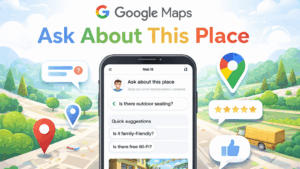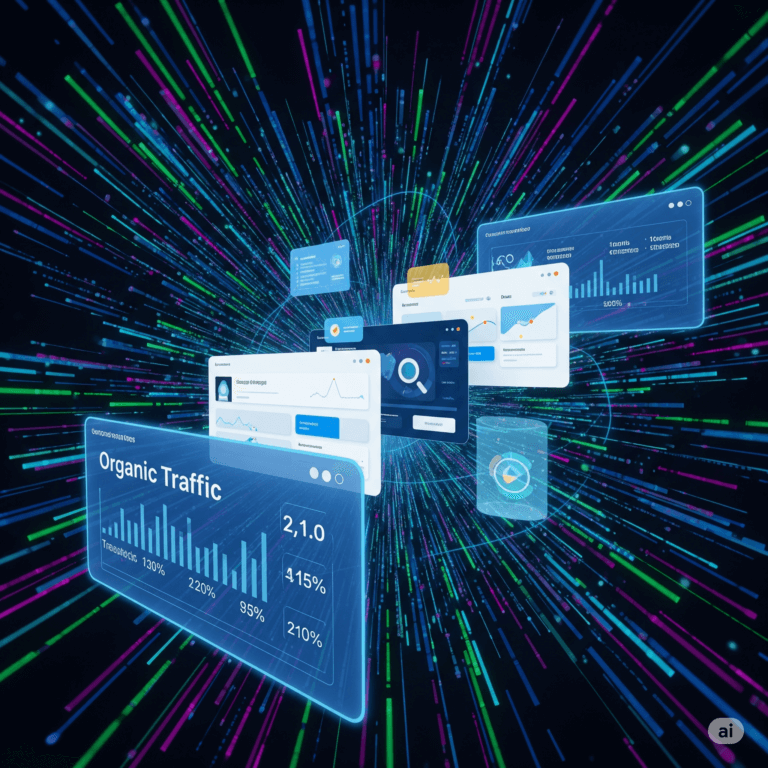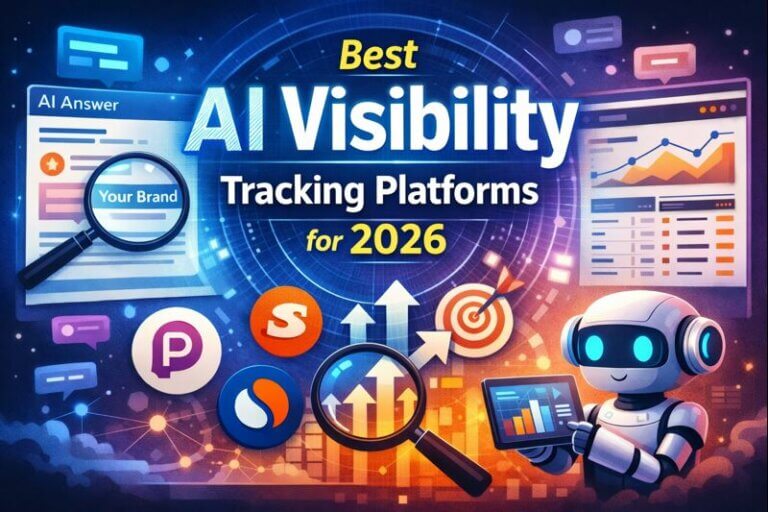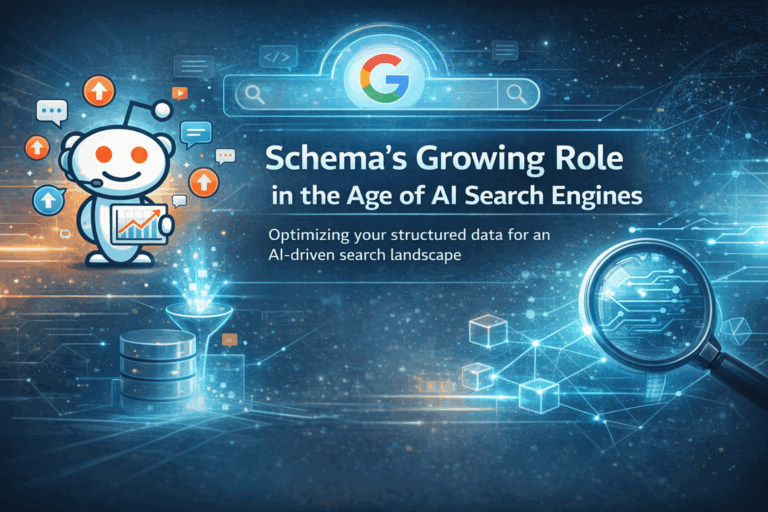Search engine optimization has never remained static for too long. Sure, the goals remain the same. But the methods by which we achieve those goals are always evolving in response to changes in the search environment. And with Google’s AI Overview, as well as more users turning to large language models (LLM) like ChatGPT for answers, marketers are rethinking how to measure SEO performance in a world where traffic is no longer the gold standard.
Google’ AI Overview is Negatively Affecting Click-through-Rates
Google’s AI Overview initiative marks a seismic change in how users interact with search results. Instead of clicking through to multiple web pages, users can now get summarized answers directly on the search results page.
What this means:
- Fewer clicks: Users are increasingly satisfied by information on the SERP itself.
- Lower organic CTRs: Even top-ranking results may see fewer visits.
- Compressed attention span: Users spend less time researching manually, expecting more concise and immediate answers.
Other LLMs like Perplexity and ChatGPT are encouraging zero-click searches as well, leading to less traffic for websites and publishers.
Traffic is No Longer the Best Way to Measure SEO Success
Typically, traffic and conversions were the two most important key performance indicators for SEO performance. Of course, not all traffic is created equally, and an SEO professional must take into account a slew of other metrics to effectively analyze site performance. But organic traffic is the easiest way to understand the effectiveness of an SEO campaign.
However, in an AI search world, traffic data is limited. This means that in 2026:
- Organic impressions may rise even if traffic drops, because users view content without clicking.
- Search journeys are shortened or altered by AI, meaning fewer traditional page visits.
- Session value is harder to interpret when information is consumed off-site.
Traffic isn’t going to disappear completely. However, limited traffic data due to changing search behavior will mean that professionals must find supplemental data in order to demonstrate SEO success, as well as to effectively guide an SEO program.
It’s Time to Invest in an AI Visibility Tool
If you’re not already doing so, 2026 is the year to get started. While not purely an SEO play, understanding how your brand is being cited in AI search platforms will provide valuable insight that can influence your SEO strategy. AI visibility tools like Profound and Scrunch have become essential for understanding how content performs across emerging AI search platforms. Unlike traditional SEO analytics, these tools track where and how often your brand, products, or expertise surface within AI-generated answers. This matters because users increasingly rely on conversational AI, rather than classic search results, to discover information, evaluate options, and make decisions. Visibility in these AI responses can directly influence brand perception, awareness, and trust at the very top of the decision funnel.
By measuring presence, sentiment, accuracy, and competitive share of voice within AI outputs, these tools help organizations quantify what was previously invisible. They reveal content gaps, identify opportunities to become a preferred source for AI systems, and show whether optimization efforts are actually improving performance across platforms like ChatGPT, Gemini, and Perplexity.
Other Metrics to Consider when Measuring SEO Success
- Search Impressions
Even if fewer people click, more people may see your content in SERPs.
- Why it matters: Visibility remains valuable for branding and authority.
- How to track it: Use Google Search Console’s Total Impressions data, segmenting by page, query, and device.
Actionable Tip: Monitor high-impression queries even if CTR is low; optimize titles and descriptions to encourage clicks where possible.
- Branded Search Interest
One of the clearest signals that your SEO and content marketing are working is growth in branded searches.
- Why it matters: People are seeking you out specifically, bypassing AI summaries.
- How to track it: Use Google Search Console for branded queries, or tools like Google Trends for broader interest monitoring.
Actionable Tip: Strengthen brand-building content both on and offsite, to increase branded demand.
- Referral Traffic from Non-Google Sources
As AI search diversifies, alternative search and discovery platforms (like Reddit, Quora, and others) are becoming serious referral drivers.
- Why it matters: Not all organic discovery is happening on traditional search engines anymore. And many LLMs leverage these other sites for their own databases.
- How to track it: Break down referral channels inside Google Analytics 4 (GA4) and watch traffic from new platforms.
Actionable Tip: Broaden content distribution — optimize for platforms beyond just Google Search.
- Engagement and Conversion Metrics
Conversion and engagement metrics will become much more important. These include: Time on Site, Form Submissions, and Phone Calls.
- Why it matters: If fewer visitors are arriving but they convert better, your SEO is still succeeding.
Actionable Tip: Focus on traffic quality and ensure that landing pages are optimized for conversions.
- Content Visibility in AI Summaries
Is your brand and your content appearing in LLM search results and AI summaries?
- Why it matters: Getting cited by AI Overview tools keeps you visible in a zero-click world.
- How to track it: Currently, many SEO professionals are tracking LLM mentions manually, but AI tracking tools are gradually becoming available.
Actionable Tip: Write authoritative, trustworthy, and structured content that is more likely to be quoted by AI.
In 2026, marketers must broaden their definition of success to effectively measure SEO performance. Those who adapt to these new realities will continue to thrive in the AI-shaped search landscape.
The key question for SEO now isn’t just “How many people clicked?”—it’s “How many people saw, remembered, and trusted us?”












